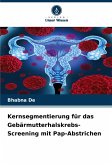
Broschiertes Buch
30. Dezember 2024
Verlag Unser Wissen
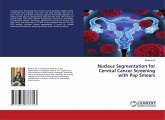
Broschiertes Buch
29. November 2024
LAP Lambert Academic Publishing
Broschiertes Buch
30. Dezember 2024
Ediciones Nuestro Conocimiento
Broschiertes Buch
30. Dezember 2024
Editions Notre Savoir
Broschiertes Buch
30. Dezember 2024
Uitgeverij Onze Kennis
Broschiertes Buch
30. Dezember 2024
Edições Nosso Conhecimento
Broschiertes Buch
30. Dezember 2024
Edizioni Sapienza
Ähnliche Artikel
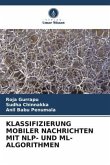
Broschiertes Buch
19. Dezember 2023
Verlag Unser Wissen

Broschiertes Buch
27. Dezember 2022
Verlag Unser Wissen
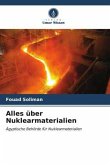
Broschiertes Buch
Ägyptische Behörde für Nuklearmaterialien
31. Oktober 2023
Verlag Unser Wissen

Broschiertes Buch
Einblicke von MCI bis Alzheimer: Klassifikatorische/prädiktive Analyse auf der Grundlage von 3D-faltigen neuronalen Netzen
21. November 2023
Verlag Unser Wissen
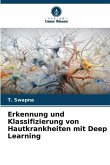
Broschiertes Buch
8. September 2023
Verlag Unser Wissen

Broschiertes Buch
Ein adaptiver Neuro-Fuzzy-Ansatz mit MATLAB
22. April 2022
Verlag Unser Wissen
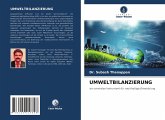
Broschiertes Buch
ein zentrales Instrument für nachhaltige Entwicklung
26. Oktober 2021
Verlag Unser Wissen

Broschiertes Buch
18. Oktober 2022
Verlag Unser Wissen
Ähnlichkeitssuche: Fact®Finder von OMIKRON
